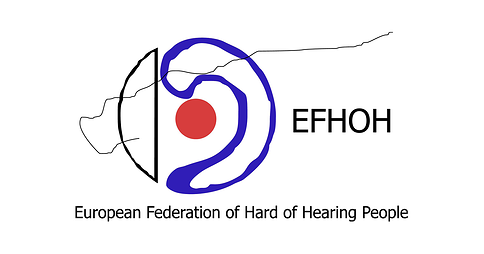
The State of subtitling access in EU: 2015 Report (note that captions are called subtitles in Europe) finds that captioning levels differ widely across countries. The countries with the highest levels of TV captioning include the UK, Netherlands, Sweden, Belgium (Flanders) and France.
The Czech Republic, Austria, Slovenia, Finland, Denmark and Spain are among the countries that have all increased their caption levels since the last EFHOH report in 2011, but their levels still remain well below those of the highest-achieving countries. At the lowest end of the scale were countries such as Germany, Slovakia and Poland, where the report states that levels of captioning are “nowhere near enough”.
In general, the report finds that caption levels provided by private broadcasters were significantly lower than those provided by public broadcasters. The exceptions were countries which have “the most effective regulations and guidance”.
Captioning levels on video-on-demand services was generally very low, although there were a few exceptions, including the BBC’s iPlayer catch-up TV service, and the Dutch national online catch-up service Uitzending Gemist.
The report notes that Netflix has a good provision of captions, but only in certain languages. These mixed results for VOD accessibility match the findings of Media Access Australia’s recent report, Access on Demand: captioning and audio description on video on demand services.
The report finds that the situation with captioning in cinema is also unsatisfactory. While non-native films in other languages are routinely subtitled in European countries, native films are rarely captioned, and when they are, there may only be a few screenings of them per week. Exceptions are the UK and Sweden, where cinema captioning is becoming increasingly frequent.
The report notes that it was not possible to obtain data from some countries, and there were inconsistencies in the way that countries recorded accessibility data. It recommends that EU member states replicate the approach taken by the UK communications regulator Ofcom, which provides clear guidance and guidelines, and imposes captioning targets which are regularly raised.
Top of page

